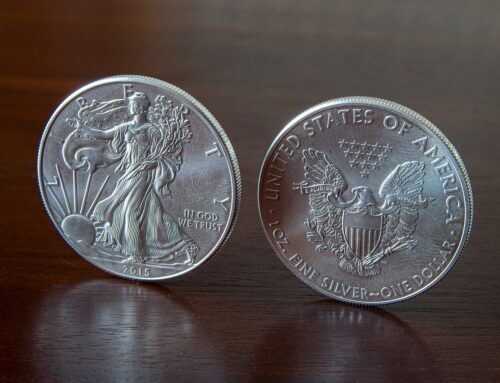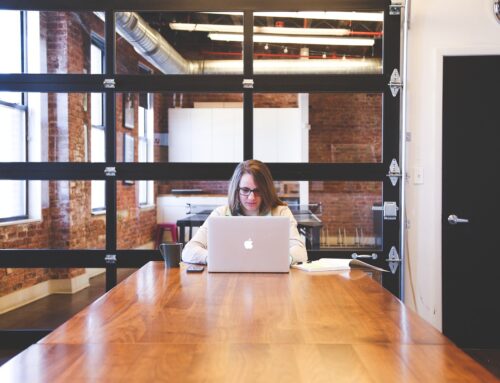We spend a lot of time living in our heads. This can be productive, such as when we focus our rational minds to make difficult judgments about the future. That’s a big part of what investment professionals are paid to do, and it’s right that it gets a ton of energy.
But for much of the time we’re actually mindlessly distracted while living in our heads. In this state we’re unable to pay proper attention to what matters most. We think we’re actively thinking, which sometimes is true, but too often we’re just passively distracted by a parade of randomly generated thoughts. Ask anyone who’s tried to meditate.
Epidemic
This distraction has given rise to an epidemic, a certain kind of malnutrition where nobody, absolutely nobody, feels adequately seen or heard. In our state of distraction, we’re not fully enough in the present moment to pay attention to this situation now. In our state of distraction, we’re not sufficiently present to fully see and hear the other person as they are now.
And when we’re not fully heard or seen, we try to cope with the pain of disconnectedness by distracting ourselves. And the more distracted we are, the less we’re able to properly attend, which gives rise to more pain and more distraction. And so it spins on, over and over, without end.
We’ve created a special kind of hell by living entirely in our head. In this hell our relationships suffer disintegration, the culture of our organisations suffer entropy, and we’re less capable of doing the hard work of generating alpha. The questionable benefits of distraction come at a heavy cost.
Antidote
An antidote to this condition is to live more in our body. Our body is right here, right now, firmly in the present. When we make the effort to re-anchor our experience in the present moment by being more in our body, then we open up a little bit of conscious space for ourselves in which we can make active choices about the present, the future, and even maybe the past. We can do this by something as simple as noticing any physical sensation.
But the invitation to be more in our body is an invitation to change, and that can look like an invitation to a whole lot of unnecessary discomfort. We all know, at an abstract level, that if we want to get to somewhere new and better, we need to do stuff that’s different to what got us to this point in the first place. But the reality is that change is uncomfortable, and very few of us actively love feeling uncomfortable. So we keep doing what we’ve been doing so that we can avoid the discomfort of change. We opt to stay in our head, in the place we call our comfort zone.
Our head has come to seem like our comfort zone through years of practice. By living mostly there, day after day, we have become used to the experience, it feels normal and natural. And, as an apparent bonus, we feel ourselves to be free of the troubles and disturbances that seem to lurk in our body.
Except that living in our head is not actually that comfortable at all. Our head is where all the punitive narratives are, all those voices telling us in so many different ways that we’re not good enough, or that the other person is bad, or that the situation is intolerable. Our head is where our memories of the past seem to be, which can give rise to troublesome emotions like guilt and shame and resentment. Our head is where our anticipation of the future seems to be, which can give rise to anxiety, dread, fear. Turns out that the comfort zone is not so comfortable at all, and the price of admission to the zone is very steep. Looks like a seriously bad trade.
Invitation
Our invitation is to become more present in our body rather than defaulting to living only in our head. The psycho-economics of this invitation are to consciously accept the smaller discomfort of the change, rather than passively opting for the rather larger discomfort of staying in the comfort zone.
To make the most constructive choices for the future, we must first become present. Our body is the most reliable portal to the numinous moment that is now. This body, now, is the pivot-point from which we create a better future.
Reflection
- Where do you spend most of your time, in your head or your body?
- What are the consequences of that, for you and those around you?
- What might you do differently, if anything?







Leave A Comment